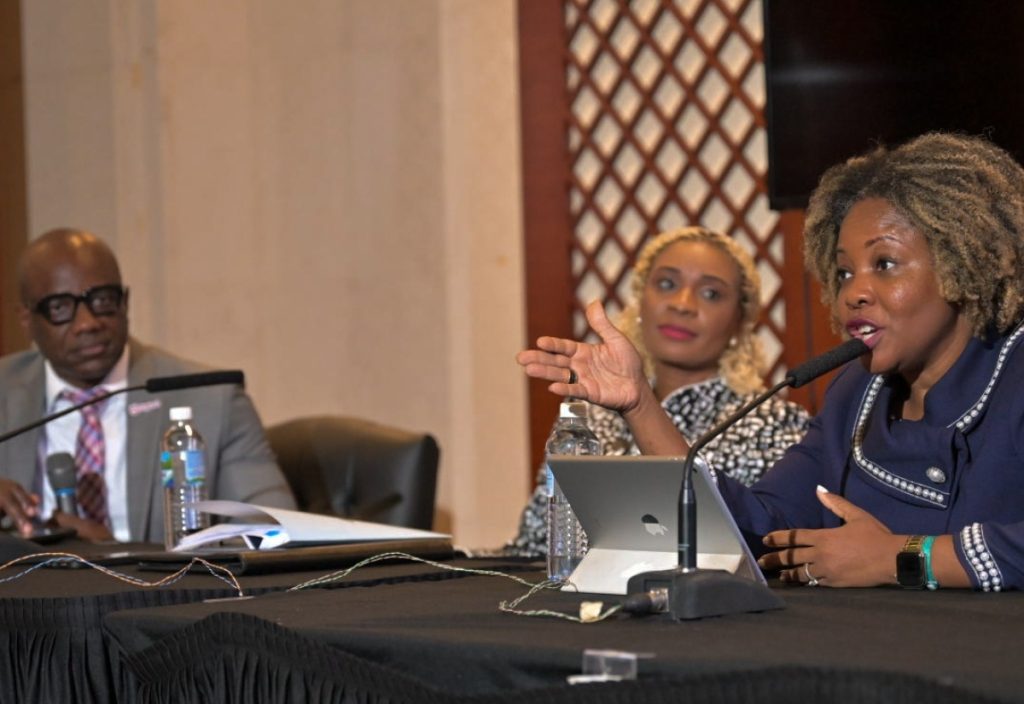Editor’s Note
This article is a rewritten version of a post originally written by Serena Grant and published by the Jamaica Information Service (JIS), highlighting a crucial discussion held during the 10th Biennial Jamaica Diaspora Conference. As the editor of Writes and Kulcha, I recognise the significance of embracing technological advancements like artificial intelligence (AI), for cultural preservation, economic growth, and Jamaica’s global market readiness.
In addition to these benefits, AI’s potential in enhancing climate resilience is paramount. The recent devastation caused by Hurricane Beryl, which resulted in significant agricultural and property losses, underscores the urgency of adopting innovative technologies. By integrating AI into farming practices and other sectors, we can better prepare for and mitigate the impacts of such natural disasters.
This article not only informs our readers about the strides being made in AI adoption, but also emphasises the broader implications for Jamaica’s future, including sustainability and resilience in the face of climate change.

Minister without Portfolio in the Office of the Prime Minister with responsibility for Information, Skills and Digital Transformation, Dr. the Hon. Dana Morris Dixon (right) makes a point during a breakout session of the 10th Biennial Jamaica Diaspora Conference held at the Montego Bay Convention Centre in St. James on June 18. Listening (from left) are Head of Communications and Corporate Affairs at Digicel Jamaica, Elon Parkinson and Managing Director of the HEART/NSTA Trust, Dr. Taneisha Ingleton.
In a compelling call to action, Jamaican youth are being encouraged to embrace artificial intelligence (AI) as the Government prepares for the development of a National AI Policy. Minister without Portfolio in the Office of the Prime Minister with responsibility for Information, Skills, and Digital Transformation, Dr. the Hon. Dana Morris Dixon, addressed this during a breakout session at the 10th Biennial Jamaica Diaspora Conference held at the Montego Bay Convention Centre on June 18, 2024.
The session, which discussed ‘Skills Training at the Cornerstone of National Development through HEART/NSTA Trust’, saw Dr. Morris Dixon emphasising the transformative potential of AI. She urged young Jamaicans not to fear this advancing technology but to explore and harness its benefits. Highlighting the formation of an AI task force, she noted its role in conducting research and providing an evidence-based foundation for the upcoming National AI Policy. This policy aims to identify opportunities for AI adoption, potential areas for economic growth, and its social impacts.

Dr. Morris Dixon shared practical examples of AI’s current applications in Jamaica, such as aiding in farming activities like harvesting and disease detection in crops. She reassured the audience that while AI might change traditional farming practices, it would still play a crucial role in production. “We will always need food and farmers. It may not be 100 people on a farm, but 10 people plus a lot of technology,” she explained, pointing out the efforts of HEART/NSTA Trust in teaching these new technologies to young farmers.
Managing Director of HEART/NSTA Trust, Dr. Taneisha Ingleton, echoed these sentiments, noting that the rapid technological advancements present more opportunities for today’s youth than previous generations did. She highlighted the institution’s efforts to incorporate technology in training programmes, thus giving trainees a competitive edge globally.
This session was part of the broader activities of the diaspora conference, which ran from June 16 to June 19. The dialogue underscored the essential role of AI in Jamaica’s development, cultural preservation, and climate resilience, especially pertinent in the wake of recent events like Hurricane Beryl. As our nation continues to navigate these challenges, embracing and integrating AI can help build a more sustainable and resilient future.

